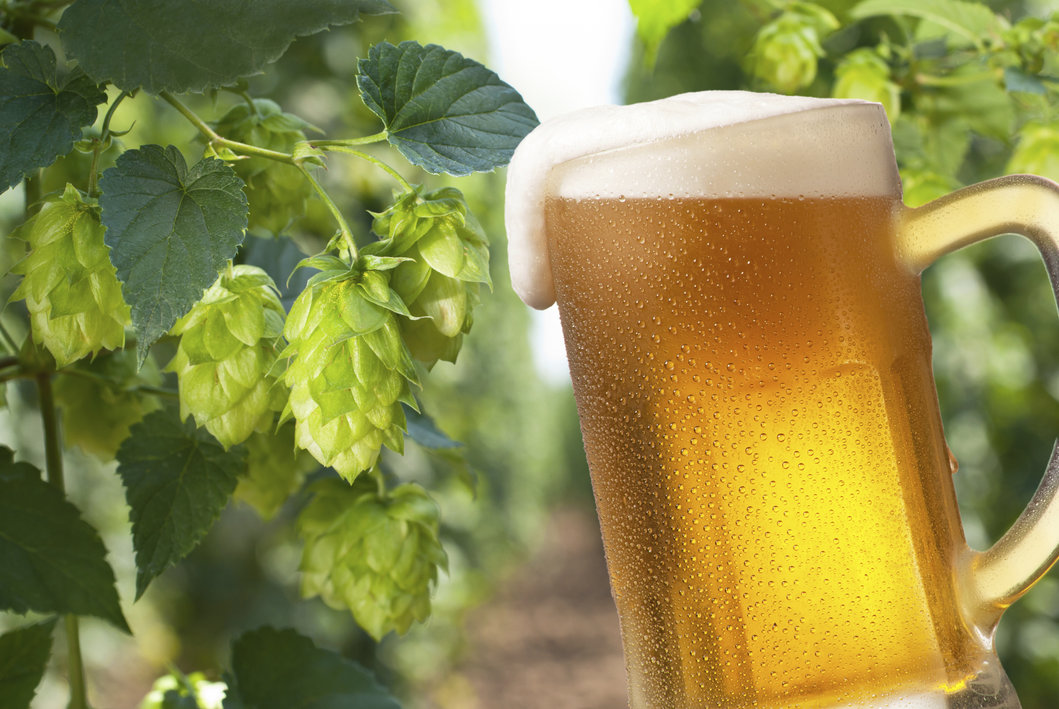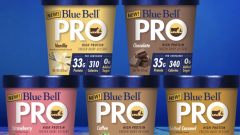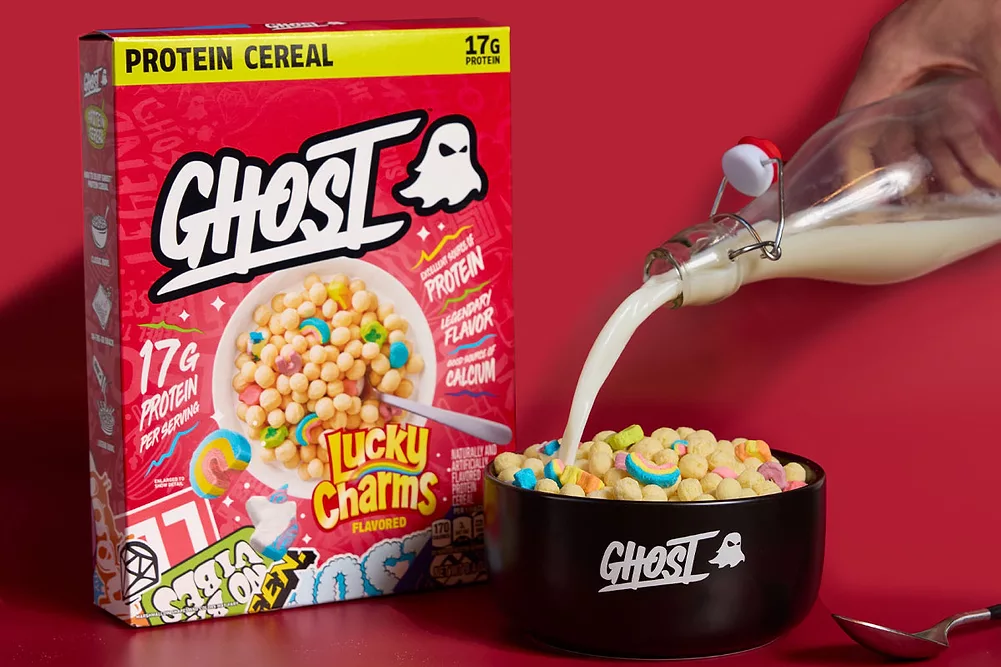Beer Hops May Prevent Alzheimer’s, Study Shows

Too much beer in one night may mess with your memory, but scientists are finding that beer drinking can potentially help you out in the long run.
A new study published in the American Chemical Society’s Journal of Agricultural and Food Chemistry unearths the protective properties the compound xanthohumol (Xn), commonly found in hops, has on our brains. While the antioxidative properties of wine have been hailed in the medical community for years, this discovery is part of a new wave of research about the positive effects of beer on our health.
Oxidative damage is an imbalance between your body’s production of free radicals and its ability to counteract their harmful effects (this is where antioxidants are helpful). Such damage to brain cells contributes to the progression of neurodegenerative diseases like Alzheimer’s and Parkinson’s.
Researchers at Lanzhou University discovered that Xn protected brain cells from lab-induced oxidative stress…in rats.
While new findings like this don’t always pan out as the research moves up the evolutionary line, the fact that a new function was revealed in a fairly commonplace compound could lend Xn to more complex uses in the future.
In the meantime, feel free to cite this article as an enabler for your alcoholism.























